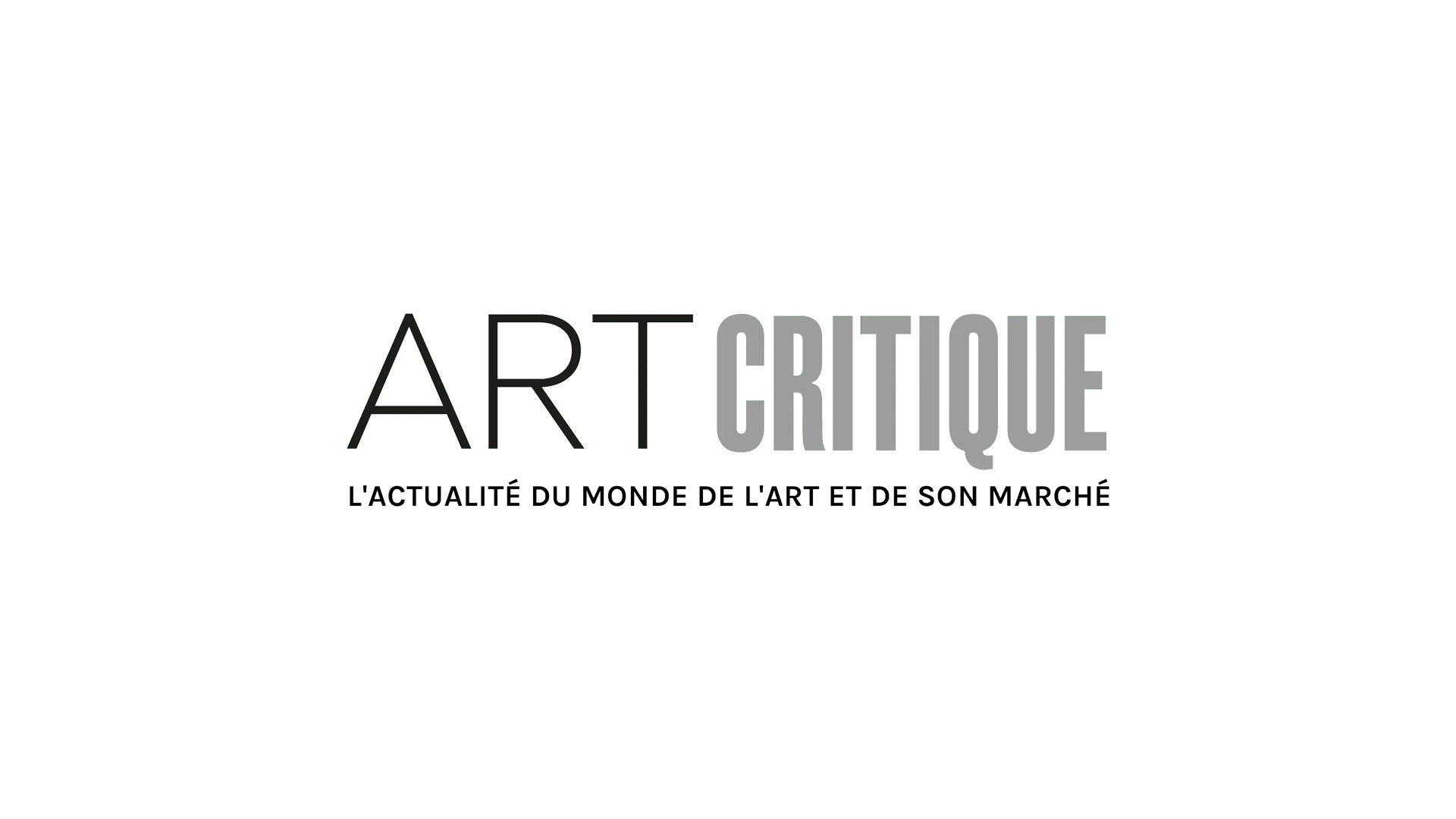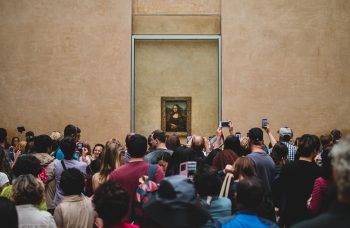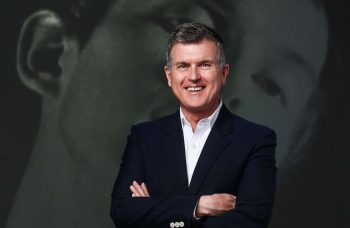Five nominees have just been announced for the 2019 Pierre Daix Prize, created by François Pinault in 2015 in memory of his longtime friend, the journalist, writer and historian who was also Picasso’s biographer, who passed away in November 2014. Since then, the annual prize, with a grant of 10,000 euros, honors an outstanding book on modern and contemporary art, generally published during the previous year. On founding the prize, Pinault said, “Pierre was a precious friend, and an incomparable storyteller. As his work brilliantly illustrates, he always made a point of sharing his immense erudition with others. For a man who profoundly experienced the turmoil of the 20th century, the transmission of history and knowledge was an absolute duty.”
The shortlist consists of: Louise Bourgeois by Marie-Laure Bernadac (Flammarion); Bernard Réquichot. Zones sensibles by Jean-François Chevrier (Flammarion); Dora Maar. La femme invisible by Victoria Combalía Dexeus (Invenit); Préhistoire. L’envers du temps by Rémi Labrusse (Hazan) and Portes closes et œuvres invisibles by Denys Riout (Gallimard).
The 2019 Pierre Daix prize will be awarded by François Pinault on December 2 in a ceremony at the Musée National Picasso in Paris.
The 2018 prize was awarded to art historian Pierre Wat for his magnificent 284-page book Pérégrinations, Paysages entre nature et histoire (Hazan), which examines in an analytical but highly personal manner, man’s imprint on nature and the landscape, and includes works by Caspar David Friedrich, Goya, Otto Dix, Anselm Kiefer… Former winners include Elisabeth Lebovici, for her book Ce que le sida m’a fait – Art et activisme à la fin du XXe siècle (What AIDS Did to Me: Art and Activism in the Late Twentieth Century), the first part of the Ellsworth Kelly Catalogue Raisonné of Paintings and Sculpture by Yve-Alain Bois, published by Cahiers d’Art, and a volume on Aby Warburg by Marie-Anne Lescourret.
This year’s jury was comprised of Jean-Jacques Aillagon, former French minister of culture and former director of the Centre Pompidou; Laurence Bertrand Dorleac, an art historian, editor, professor, and director of the Laboratoire Arts et Société at the Paris Institute of Political Studies (Sciences-Po); Jean-Marie Borzeix, former director of France Culture; Jean de Loisy, president of the Palais de Tokyo; Emmanuel Guigon, director of the Picasso Museum in Barcelona; Brigitte Leal, deputy director of the Centre Pompidou; Laurent Le Bon, director of the Musée Picasso Paris; Alain Minc, chief executive officer of AM Conseil and essayist; Alfred Pacquement, former director of the Centre Pompidou; and Marie-Karine Schaub, a historian and professor at the University Paris-Est Créteil-Val de Marne.





